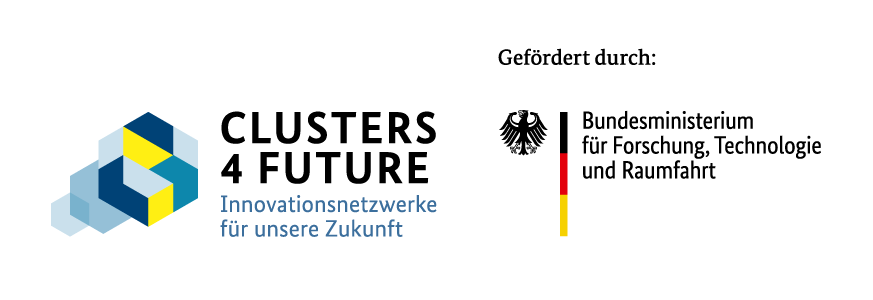The aim of the "Data hub and simulation model" project was to develop a central digital platform for MCube. This platform consists of a comprehensive simulation model and a central data hub. It is used to collect, evaluate, document and publish data from various MCube sources.
The data hub acts as a central interface that integrates all relevant data sets from MCube. The standardization of data exchange formats and interfaces ensures that all input and output data for the research projects is available in a uniform and traceable form. This applies both during the project and afterwards.
The results of the project provide a valuable basis for public relations work and the communication of research findings. They can be used not only for current MCube projects, but also for future research work and follow-up projects, for example as part of the future cluster competition. The integrated overall model also serves as an important basis for further research and funding projects.
A committed consortium of experienced partners from science, business, the public sector and society:
Want to shape the future of mobility with us?
Then please get in touch with us.
